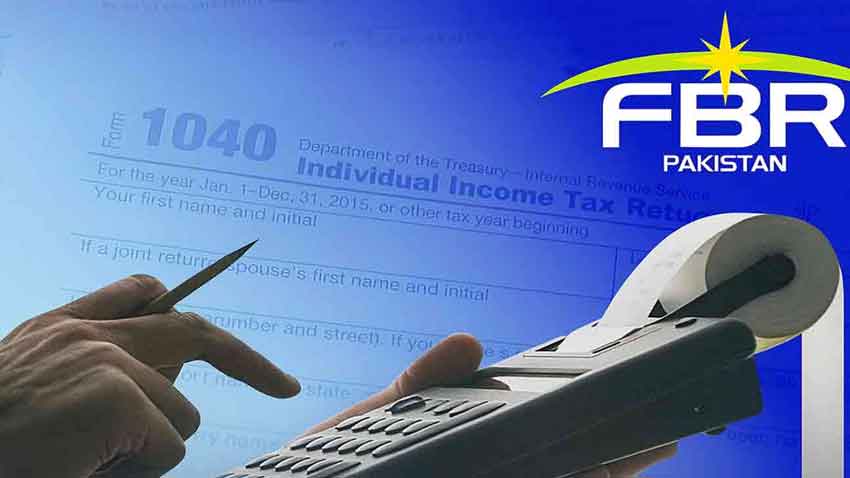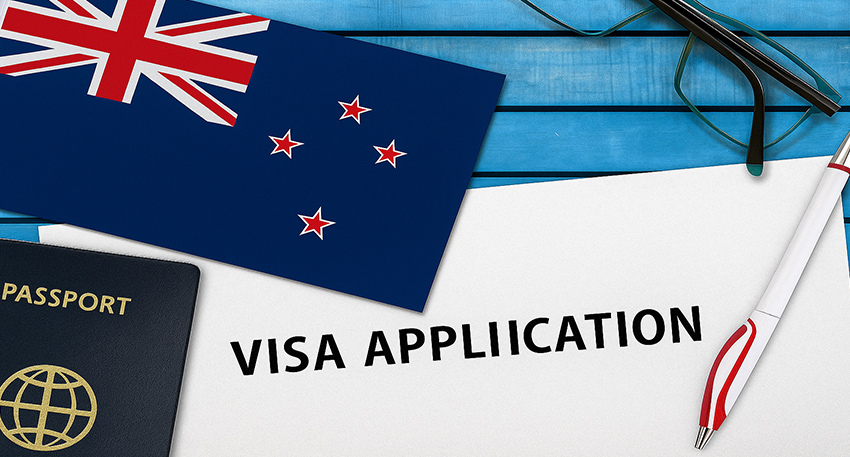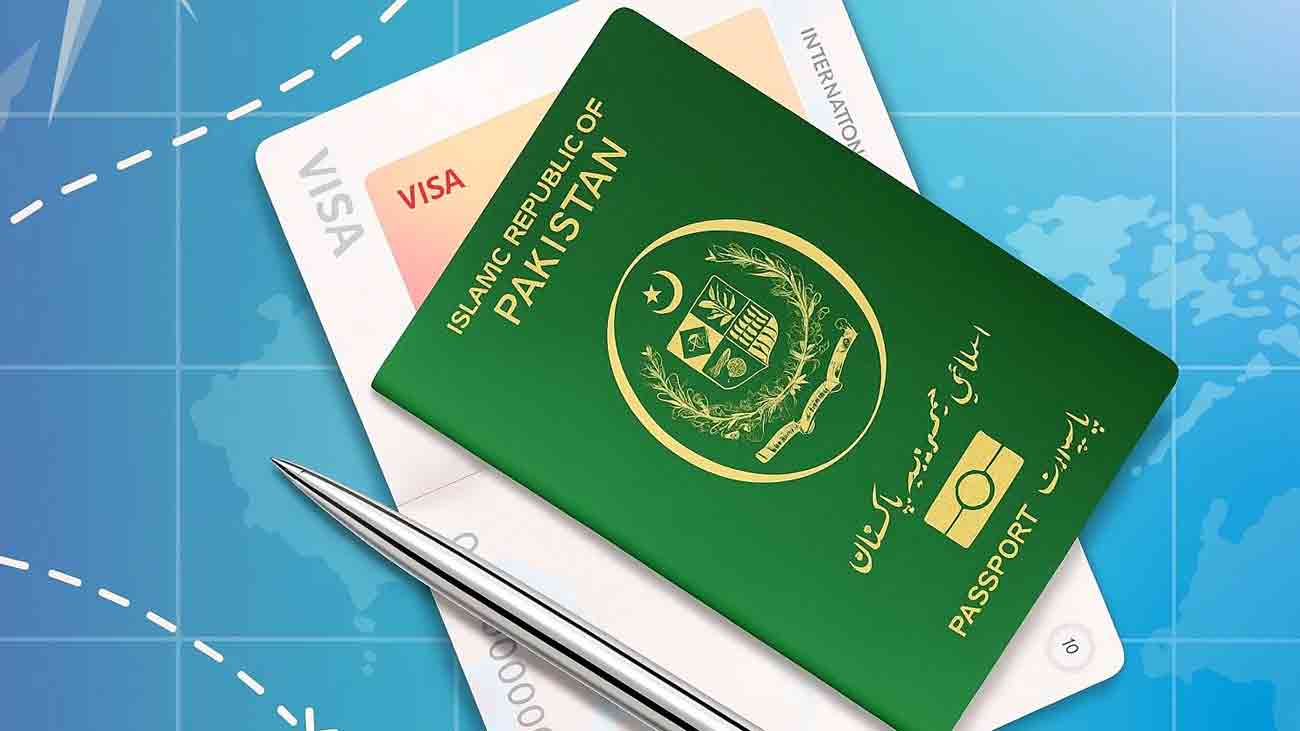
According to sources, the FBR has started obtaining credit card transaction data from commercial banks to identify individuals who spend beyond their declared income. People who make purchases exceeding Rs200,000 per month through credit cards are now under FBR’s close scrutiny.
The tax authority has made it mandatory for all tax return filers to include details of credit card spending in their annual income declarations. Commercial banks have already started sharing customer data with the FBR to compare spending patterns with reported earnings.
Officials said the move will help determine the real income levels of non-filers, and those making high-value transactions without filing tax returns will soon receive official notices.
The FBR has clearly stated that October 15 is the final deadline for filing tax returns, and no extension will be granted. Taxpayers are being alerted via SMS and official messages to submit accurate details of their income and transactions.
Authorities also warned that after the deadline, strict action will be taken against individuals running online businesses or spending large amounts via credit cards without fulfilling tax obligations. The department emphasized that accurate disclosure of all bank transactions is now mandatory to ensure transparency in Pakistan’s taxation system.
Read more: Sindh enforces toughest traffic fines in history - here’s what you’ll pay for violations
The FBR’s latest crackdown signals a strong step toward digital tax enforcement in Pakistan. By linking bank data with tax records, the government aims to close the loopholes used by high spenders who avoid filing returns. Analysts believe this move could significantly broaden the tax base and discourage cash-free tax evasion, but it also raises privacy and compliance challenges for ordinary consumers.




